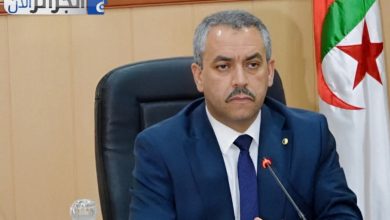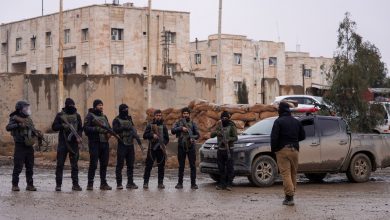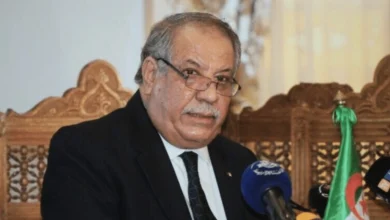Rabat – On Sunday, May 4, 2025, Moroccan party officials and human rights activists stated that rampant corruption, diminishing freedoms, and a blocked political horizon in the kingdom have solidified a loss of trust between citizens and the government, amid an absence of genuine political will for reform.
Nabil Benabdallah, Secretary-General of the Progress and Socialism Party, remarked that “the current government’s policies pose a threat to democracy, transparency, and the implementation of the constitution in Morocco.” He described official rhetoric as “empty slogans” that fail to translate into reality due to the lack of true political will for reform.
Benabdallah noted that the government’s continued disregard for public demands and monopolization of political and economic decisions “deepens feelings of exclusion among broad societal segments, threatening social peace and undermining the principle of pluralism.” He warned that “the dominance of favoritism and narrow interests in appointments and major decisions erodes trust in institutions and fuels disengagement from political participation, emptying the democratic process of its true meaning.” He stressed that “Morocco needs a new elite that believes in democracy as a value and practice, not a slogan for media consumption.”
He also expressed concern over the “delay in activating constitutional advisory and human rights institutions, such as the Supreme Council for Youth and the Authority for Parity and Combating All Forms of Discrimination,” describing this unjustified delay as “a disregard for state commitments that exposes the democratic system to internal fragility.”
Wafaa Akouzal, Amnesty International’s representative in Morocco, speaking at a seminar organized by the Moroccan Association for Human Rights on “The Reality of Rights and Freedoms and the Importance of Unified Action by the Human Rights and Democratic Movement Against Authoritarianism, Corruption, and Normalization,” stated that Moroccan civil society faces increasing restrictions on trade union, civic, and human rights spaces, suffering more repression and constraints than ever before. She emphasized the “need to build a wall of resistance through alliances, strengthening struggle, and intensifying collective action to counter the setback in human rights.”
Idriss El Azami, Deputy Secretary-General of the Justice and Development Party, criticized the government for “legitimizing and supporting the powerful while marginalizing the weak, as evident in its economic, investment, and social decisions.” He argued that “these imbalances have accompanied the government since its inception, as the people’s will in the 2021 elections was not respected.” He added that “Morocco today needs a strong government capable of addressing challenges and meeting citizens’ expectations.”
El Azami concluded that the government’s promises “have amounted to nothing,” with its rhetoric failing to translate into tangible actions, widening the trust gap with citizens and proving that its initial slogans were merely tools for political marketing.




